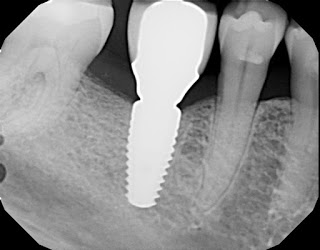Why should someone want to have his or her own dental practice in 2019?

It seems somewhat ridiculous to have to post on this subject, but given current developments it is a topic worth discussing. Given the increasing costs and complexity of running a dental practice, it seems that more and more younger dentists hope to join a group practice. Originally when I started practicing, most owner operators kept a higher percentage of the gross receipts. An associate might earn 35% with the lab bill taken off the top. The practice he or she worked for kept the rest. When I took started my own practice, initially I made less than I did working for other dentists but eventually, after I paid off loans and built up the practice I was making 40% of the gross receipts and I got to make all my practice decisions. I liked the freedom and control that I was able to have since I was able to practice in the manner I felt most comfortable with. If a particularly difficult procedure required more time, no one I worked for was watching the clock and shooting me a disappro...

